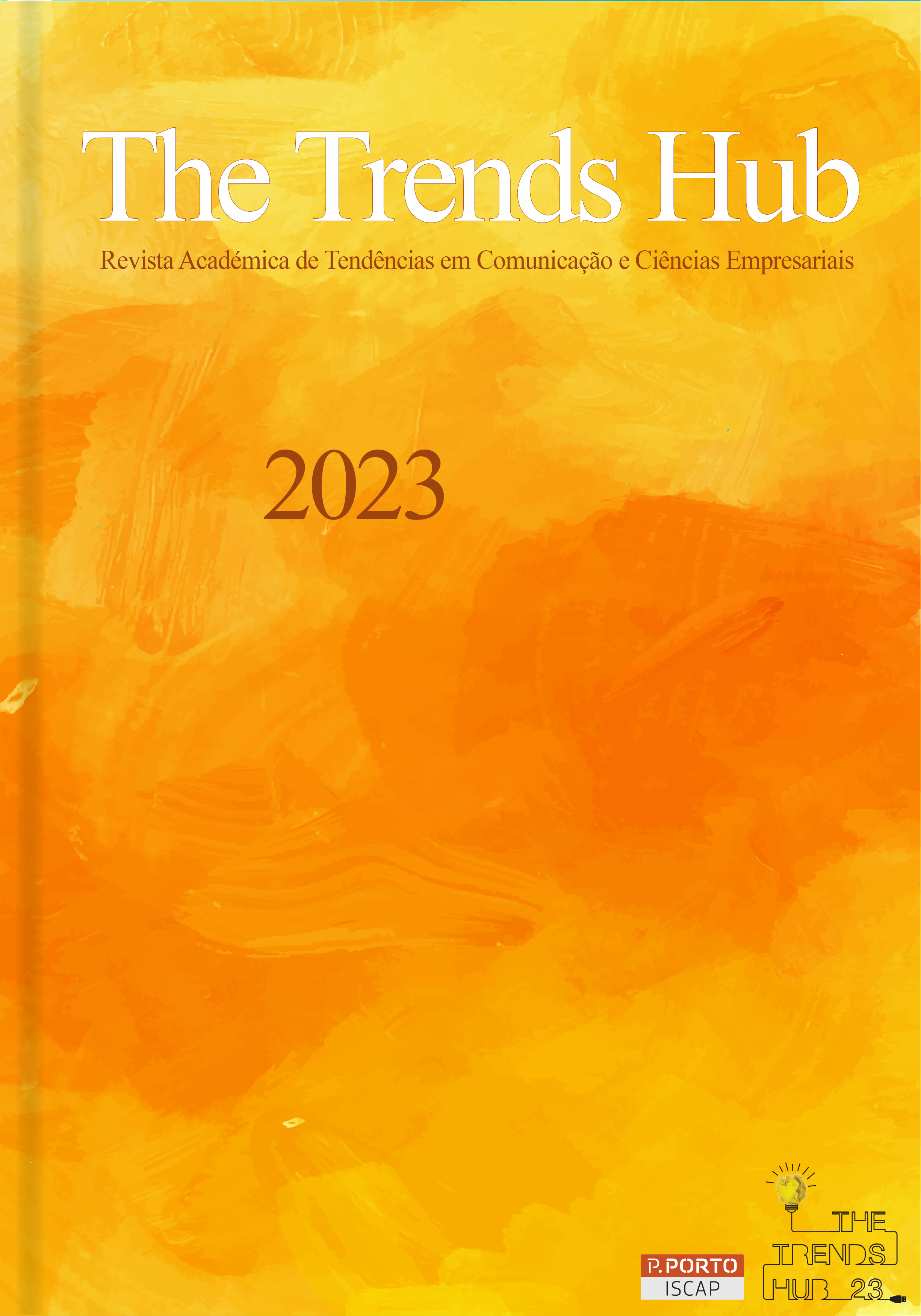Fact-Checkers: Rising & Challenges
DOI:
https://doi.org/10.34630/tth.vi3.5077Keywords:
Fact-Checkers, Veracity of Media, Communication and, Desinformation, EthicsAbstract
In today’s world, we can’t always believe in what we see and hear: the manipulation of information by others to influence the general behavior is beyond doubts. Because there are so many mislead by the supposed veracity of given facts in such an increasingly digital environment like ours, the article recognizes the growing importance of Fact-Checking in Portugal, explaining its challenges in a personal but unpretentious approach. Furthermore, the author takes full responsibility himself for reflecting on political discourse and manipulation, not forgetting to consider the spread of fake news and how to avoid them.
References
Alves, A. M. G. (2020, June 29). Fazer Fact-Checking em Portugal. https://ubibliorum.ubi.pt/handle/10400.6/11042
Anspach, N. M., Jennings, J. T., & Arceneaux, K. (2019). A little bit of knowledge: Facebook’s News Feed and self-perceptions of knowledge. Research & Politics, 6(1), 205316801881618. https://doi.org/10.1177/2053168018816189
Barrera, O., Guriev, S., Henry, E., & Zhuravskaya, E. (2020). Facts, Alternative Facts, and Fact Checking in Times of Post-Truth Politics. Journal of public economics, vol.182, pp. 104-123. doi: https://doi.org/10.1016/j.jpubeco.2019.104123
Desinformação e Fake News | Internet Segura. (2023, Abril). Internet Segura. https://www.internetsegura.pt/FakeNews
Dourado, T. M. S. G. (2019). Fact-checking como possibilidade de media accountability sobre o discurso político? Revista Compolítica, 9(2), 93–112. https://doi.org/10.21878/compolitica.2019.9.2.143
Durães, M. (2019, Novembro, 20) Ler notícias? Só se aparecerem no “feed”. Para os jovens, são “desinteressantes e repetitivas.” PÚBLICO. https://www.publico.pt/publico-na-escola/artigo/ler-noticias-so-se-aparecerem-no-feed-para-os-jovens-sao-desinteressantes-e-repetitivas-1894318
Holiday, R. (2017, Dezembro, 1). We Don’t Have a Fake News Problem—We Are the Fake News Problem. Observer. https://observer.com/2016/11/we-dont-have-a-fake-news-problem-we-are-the-fake-news-problem/
Kerunga, J., Rowe, E., & Gondwe, G. (2020). Journalism Credibility in the Digital Age – Examining Shifts in Paradigms. Social Science Research Network. https://doi.org/10.2139/ssrn.3641943
Lockie, S. (2017). Post-truth politics and the social sciences. Environmental Sociology e (2017) Post-truth politics and the social sciences. Environmental Sociology, vol.3, nº1, pp. 1-5.
Mitchell, A., Gottfried, J., Barthel, M., Sumida, N., & Mitchell, A. (2021, Maio, 28). Distinguishing Between Factual and Opinion Statements in the News. Pew Research Center’s Journalism Project. https://www.pewresearch.org/journalism/2018/06/18/distinguishing-between-factual-and-opinion-statements-in-the-news/
Nyhan, B., Porter, E., Reifler, J. & Wood, T.J. (2019). Taking Fact-Checks Literally But Not Seriously? The Effects of Journalistic Fact-Checking on Factual Beliefs and Candidate Favorability. Springer US. doi: https://doi.org/10.1007/s11109-019-09528-x
Souza Vieira, M.V. (2019). A relevância do jornalismo em tempos de fake news e sua necessidade de reinvenção na era da Pós-Verdade. Intercom – Sociedade Brasileira de Estudos Interdisciplinares da Comunicação. XXIV Congresso de Ciências da Comunicação na Região Sudeste – Vitória – ES.
Vosoughi, S., Roy, D., & Aral, S. (2018). The spread of true and false news online. Science, 359(6380), 1146–1151. https://doi.org/10.1126/science.aap9559
Downloads
Published
How to Cite
Issue
Section
License
Copyright (c) 2023 The Trends Hub

This work is licensed under a Creative Commons Attribution-NonCommercial-NoDerivatives 4.0 International License.


